Madagascar (1995)
Genre : Drama
Runtime : 50M
Director : Fernando Pérez
Synopsis
The 50-minute "Madagascar" has the resonance and eloquence of the best poetry, as it deftly turns an adolescent's search for identity into a metaphor for post-revolutionary Cuba. Laura is a professor at a shabby, stultifying college. Her daughter, Laurita, stops going to school, wishes to move to Madagascar and quickly races through several phases. One day, she looks like a heavy-metal fan, another like a bohemian who weeps at poetry and art. Slowly, she crosses the line from ordinary adolescent confusion to intense neurosis and beyond, finally becoming so obsessed with religion and good works that she brings 10 homeless children into the cramped house she shares with her mother and grandmother.

Sci-fi story about a man (Timothy Dwight) on the run from a Big Brother-like security force.

The story of the Dassau family, a family of artists: Frau Dassau is a composer, her husband is a writer, and their children are equally gifted as painters, poets and musicians. But unfortunately, no one wants to invest money in their art. The family is about to starve when Nicole comes up with a marvelous idea: She is going to write the "most scandalous book", the sex memoirs of a teenager. For this, she hides under the pseudonym of Eva. The book becomes an enormous success indeed, but Nicole's parents are decent people, and the public interest in their sluttish daughter begins to bother them. Things begin to get even more unpleasant when Nicole falls in love with an American publisher who'd prefer a virgin…

Twelve-year-old Isabel and her mother, who was a famous political singer, had to escape Chile after the 1973 military coup. Isabel’s father stayed behind fighting in the underground. For six years, they have lived in a new apartment building in East Berlin. At first, the neighbors made an effort to welcome them, but later became more distant. Isabel does not feel at home in the strange country. Not even her friendship to Philip, the neighbors’ son, can change her mind. Almost every day, Isabel sits on the stairs waiting for a letter from her father, from whom she has not heard for many years.
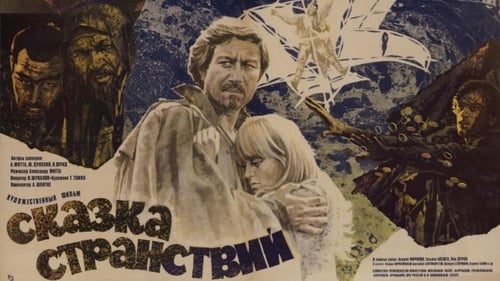
In this fantasy with dragons and flying machines, 10-year-old Marta is determined to find her brother who was kidnapped at Christmastime by a fake Saint Nick because the little boy is blessed with the ability to locate gold. A kindly, wise philosopher-type by the name of Orlando joins Marta in her search, and together they survive a gigantic sleeping dragon and imprisonment in a tower with no clear means of escape. They overcome that hurdle, but later on, Orlando succumbs to the evils of The Plague (an all-consuming woman!) and Marta continues on her search alone. Eventually, she does find her brother -- but that only introduces problems she had never considered.

Tony Harrison's poetic essay on the working class - in particular the British miners -, its struggles, its dreams and its icononography - at the very end of the 20th century, as interpreted through the myth of Prometheus.
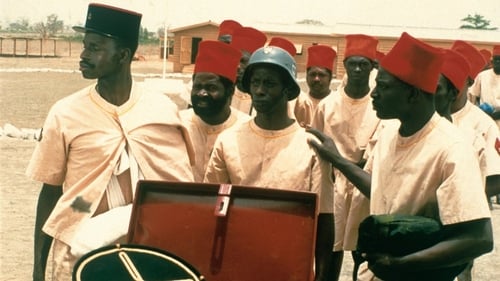
A Senegalese platoon of soldiers from the French Free Army are returned from combat in France and held for a temporary time in a military encampment with barbed wire fences and guard towers in the desert. Among their numbers are Sergeant Diatta, the charismatic leader of the troop who was educated in Paris and has a French wife and child, and Pays, a Senegalese soldier left in a state of shock from the war and concentration camps and who can only speak in guttural screams and grunts.
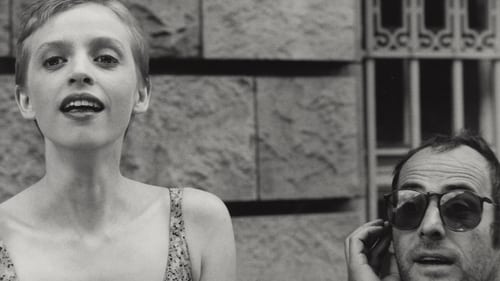
The subject of this historical drama is a splintering Berlin in the years of 1948 and 1949. Played against the backdrop of social upheaval, the characters in the drama come to epitomize the best and worst of each pole of the political sphere. A 17-year-old hoodlum by the name of Gladow works hand-in-glove with a local white-collar criminal to rob and pillage every day and night, defying capture. While he and his gang of thugs are terrorizing the people of Berlin, the Soviets are trying to make the blockade of their region of control impermeable. The future casts long shadows over the drama, as Berlin's problems take the shape of times to come.
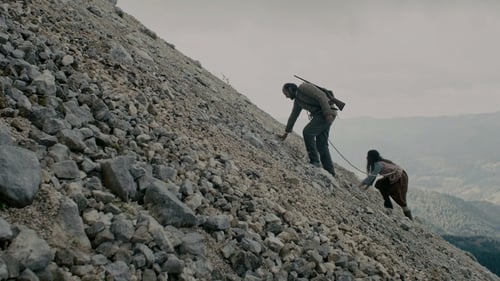
A solitary mountain man finds a young woman who has been beaten and abandoned in the woods. He makes her the object of his passion, but her dark past catches up on them.
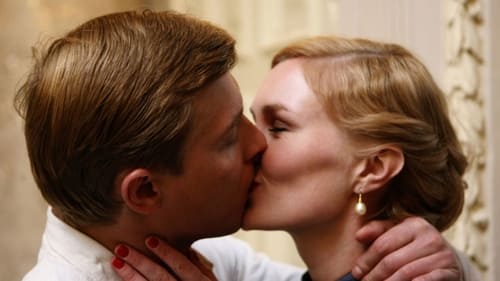
Iskyss is a strong and poetic love story based on Gunvor Galtung Haavik’s double life through 30 years. During the Cold War, she was employed by the Norwegian Ministry of Foreign Affairs, and assigned to the Norwegian Embassy in Moscow. With the information she had access to in the capacity of her position as interpreter and secretary, she frequently fed the KGB secret information.

An expedition is sent into the rugged Australian outback to search for a lost white woman.
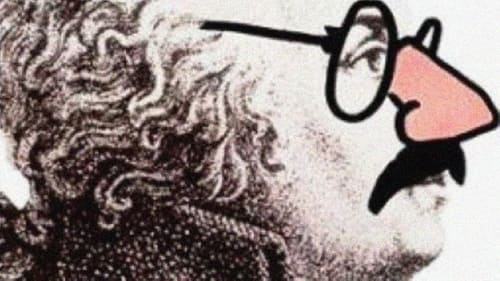
Letters, Riddles and Writs is a one act opera for television by Michael Nyman broadcast in 1991.

The Life Story of John Lee, or the Man They Could Not Hang is a 1921 Australian silent film (which is now considered lost) based on the true life story of John Babbacombe Lee. It is a remake of a 1912 film with some extra scenes of Lee's childhood.

Vincent Vivant agrees to Stephan the spy's proposal: he is to cross the border with a mysterious suitcase.

An embezzler, Bill Marsh, swears vengeance on a businessman, John Travers, who has turned him in to the police. Twenty years pass, and Marsh emerges from jail and establishes himself as the head of a powerful crime empire, with his daughter, Paula, serving as bait to attract wealthy victims. Paula falls in love with Lee Travers, the adopted son of Marsh's old enemy, and begins to have doubts about her life of crime. Only after a series of tragic incidents is she set free to marry Lee and start life anew. This silent feature was highly regarded for its set design and 'unusual sensitivity to the expressive range of the camera and their awareness of careful scenario construction as a key to emotionally powerful cinema'.
Cast includes Marie Lorraine, Arthur Greenaway, John Faulkner.
A sound version was attempted soon after but was not successful and was never released.

Filmmaker Emily Railsback and award-winning sommelier Jeremy Quinn provide intimate access to rural family life in the Republic of Georgia as they explore the rebirth of 8,000-year-old wine-making traditions almost lost during the period of Soviet rule.

Set in the early 70s, Travelling Light follows the story of two sisters growing up in surburban Adelaide.

The movie opens with the title card "bushland symphony", followed by sounds and vision of the Australian bush. The subsequent action involves a series of various subplots centered around a "selection" in South West Queensland owned by Dad Rudd.
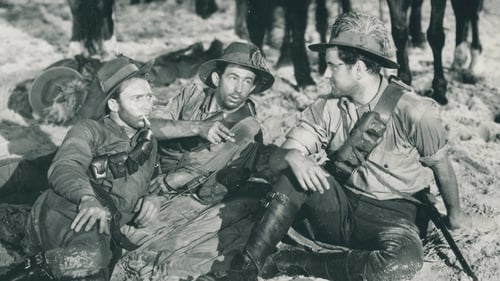
Charles Chauvel's 1940 cinematic tribute to the mounted troops of the Australian Light Horse regiments is a rousing call to arms, giving life to the heroic tales of mateship during the Great War.
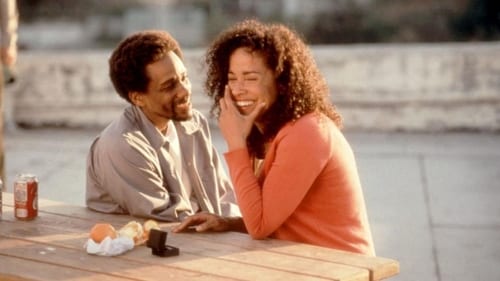
A young man dying in prison brings his family together for a fateful visit, and proceeds to put his life back together.

A young actress in Cold War Berlin struggles to decide whether or not to accept a new role, working with an old leftist director in a deserted theatrehouse. Caught between her painful childhood - loss of the mother - and the confusing and instable present political and social situation, she engages with prostitutes, penniless playwrights and postmen of the split Berlin city.










